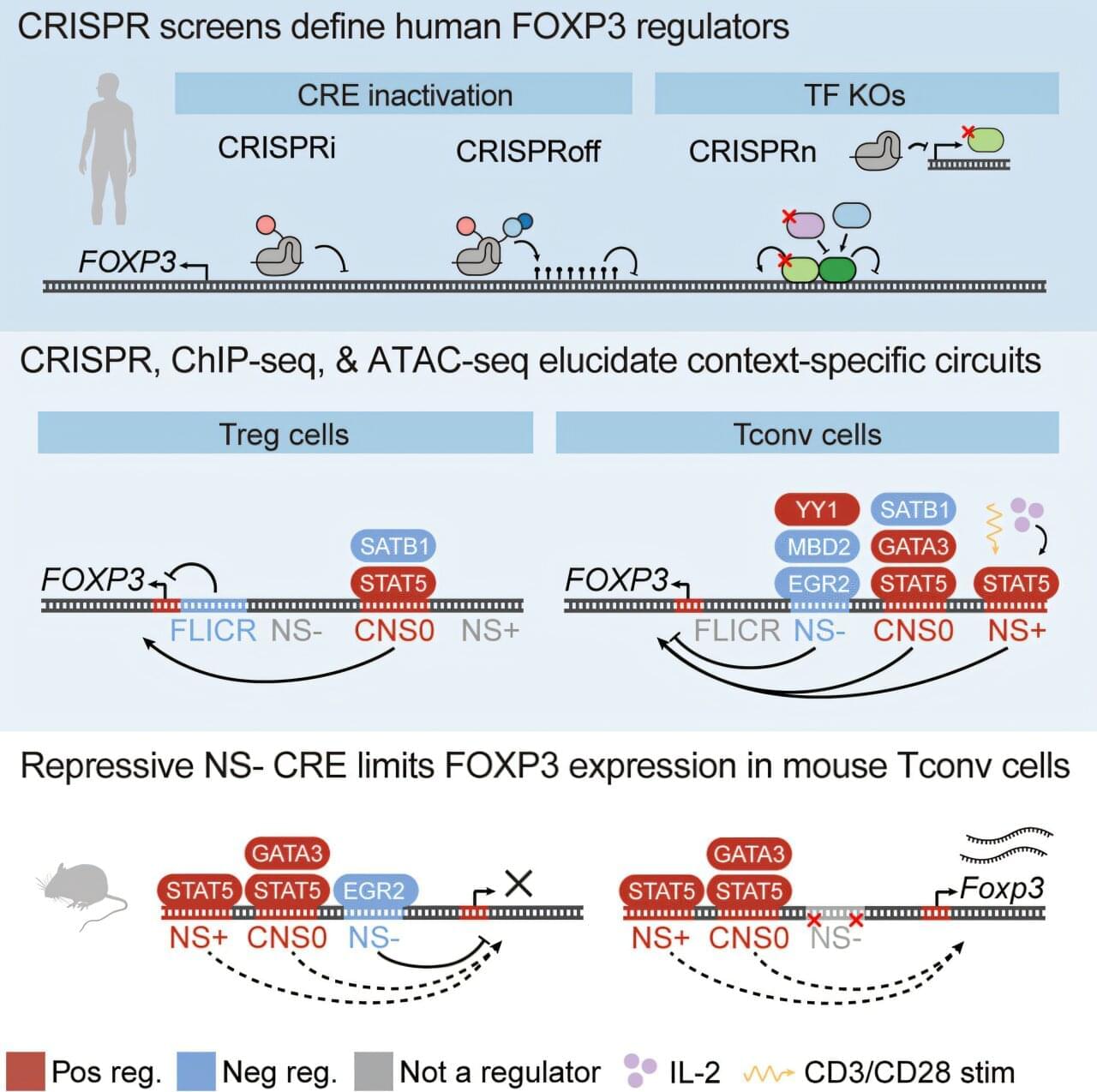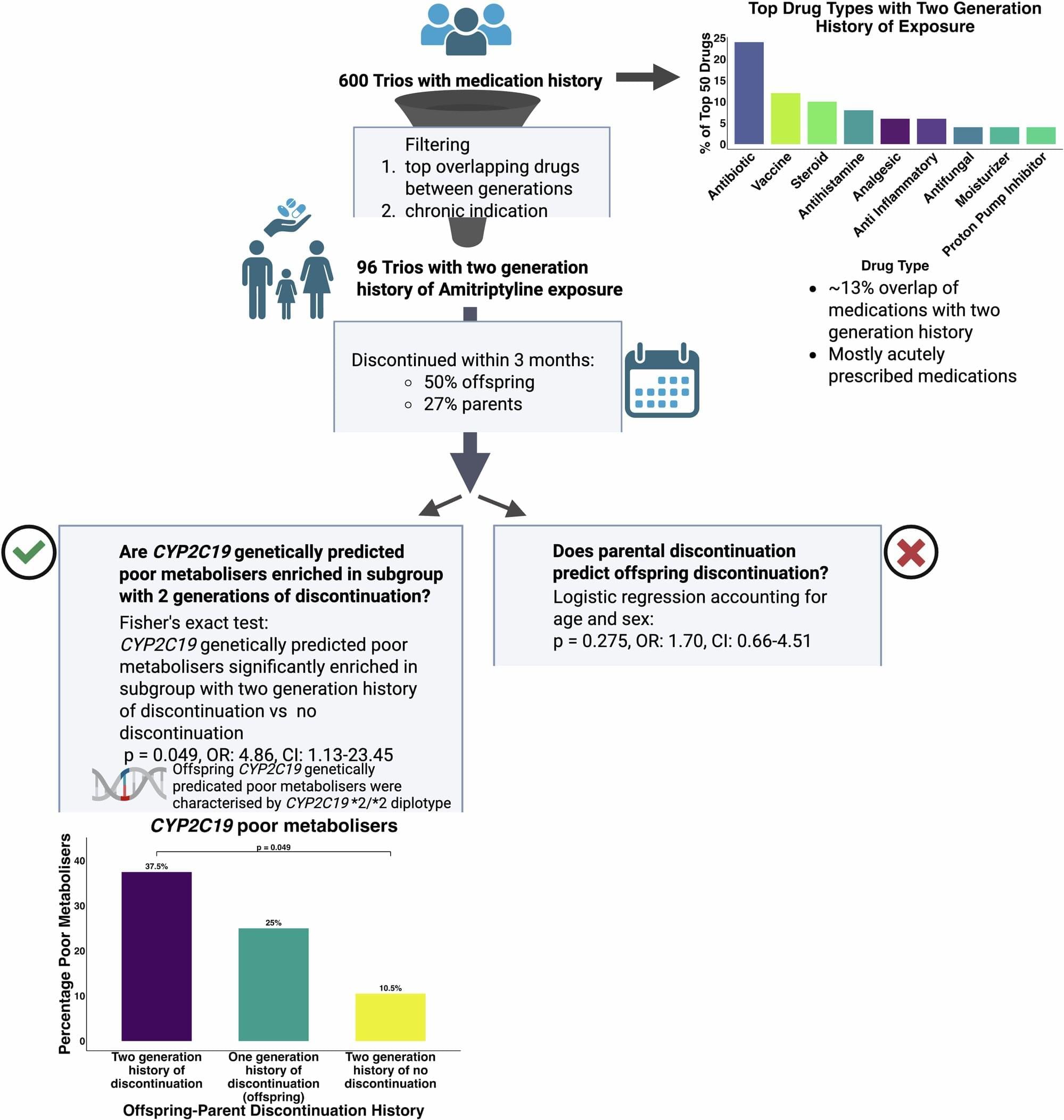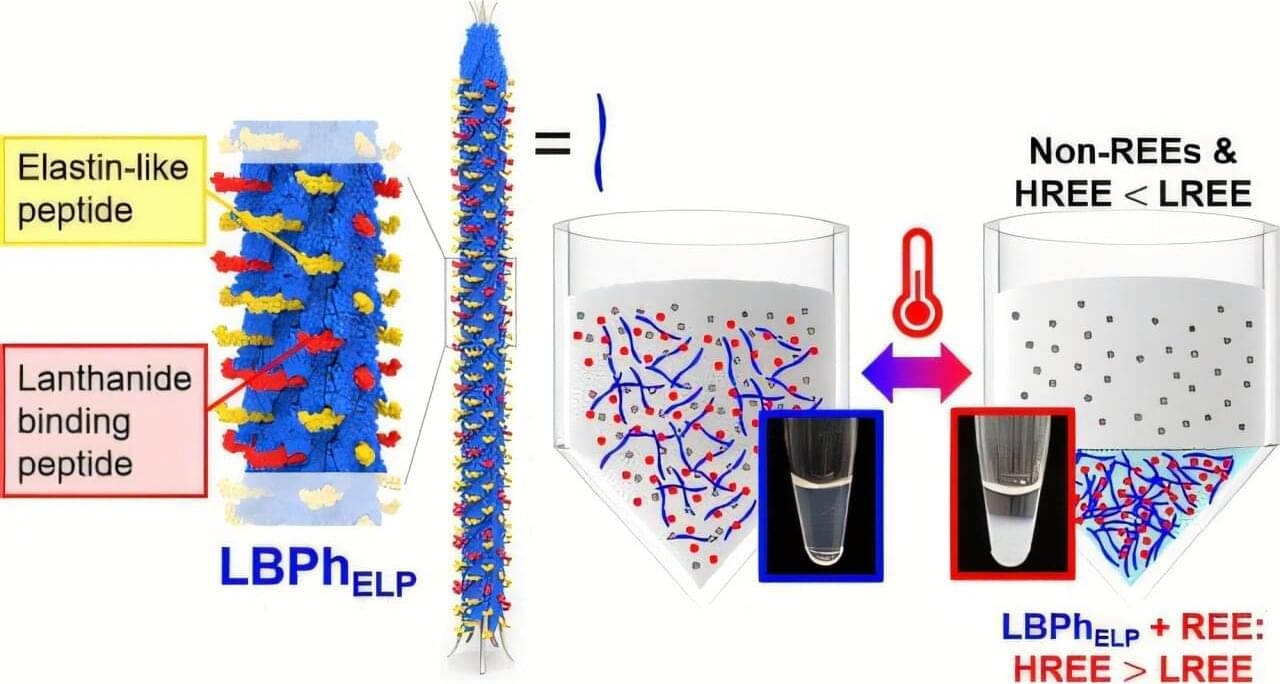Get a Wonderful Person Tee: https://teespring.com/stores/whatdamath.
More cool designs are on Amazon: https://amzn.to/3wDGy2i.
Alternatively, PayPal donations can be sent here: http://paypal.me/whatdamath.
Hello and welcome! My name is Anton and in this video, we will talk about an invention of a DNA bio computer.
Links:
https://www.nature.com/articles/s41586-023-06484-9
https://www.washington.edu/news/2016/04/07/uw-team-stores-di…perfectly/
Other videos:
https://youtu.be/x3jiY8rZAZs.
https://youtu.be/JGWbVENukKc.
#dna #biocomputer #genetics.
0:00 Quantum computer hype.
0:50 Biocomputers?
1:55 Original DNA computers from decades ago.
3:10 Problems with this idea.
3:50 New advances.
5:35 First breakthrough — DNA circuit.
7:30 Huge potential…maybe.
Support this channel on Patreon to help me make this a full time job:
https://www.patreon.com/whatdamath.
Bitcoin/Ethereum to spare? Donate them here to help this channel grow!
bc1qnkl3nk0zt7w0xzrgur9pnkcduj7a3xxllcn7d4
or ETH: 0x60f088B10b03115405d313f964BeA93eF0Bd3DbF
Space Engine is available for free here: http://spaceengine.org.








